

— Blogs —
—Products—
 Consumer hotline +8618073152920
Consumer hotline +8618073152920 WhatsApp:+8615367865107
Address:Room 102, District D, Houhu Industrial Park, Yuelu District, Changsha City, Hunan Province, China
Product knowledge
Time:2025-08-31 14:05:22 Popularity:771
As agriculture and environmental monitoring become more data-driven, Automatic Weather Stations (AWS) have become indispensable. Unlike manual stations that require human observation, AWS systems collect and transmit real-time weather data automatically, providing accurate information for decision-making in farming, research, and industry.
If you are evaluating an AWS for your project, this article will cover everything you need: key features, cost ranges, supplier evaluation criteria, and return on investment.
An Automatic Weather Station (AWS) is a fully integrated system equipped with multiple sensors to measure essential climate parameters, such as:
Wind speed and direction sensor
Air temperature and humidity sensor
Rainfall amount and intensity sensor
Atmospheric pressure sensor
Solar radiation sensor
Soil temperature and moisture sensor (optional)
The system automatically records data and often transmits it to cloud platforms or local data loggers for analysis.
When comparing AWS options, consider these core features:
AWS units combine several sensors into one platform, ensuring complete environmental monitoring.
Data is recorded at fixed intervals (e.g., every 10 minutes) and transmitted via GPRS, WiFi, or LoRa, minimizing human labor and errors.
Modern AWS systems connect to cloud platforms, allowing users to:
Access real-time dashboards
Store historical data
Generate automated reports
Receive alerts for extreme weather conditions
Many suppliers offer modular AWS systems where buyers can add sensors such as CO₂ detectors, dust sensors, or soil nutrient sensors.
High-quality AWS units are designed to withstand harsh weather — waterproof, dustproof, UV-resistant, and corrosion-proof.
The cost of an Automatic Weather Station depends on sensor configuration, data transmission options, and build quality.
Basic parameters (temperature, humidity, rainfall, wind speed/direction)
Suitable for small farms, schools, or community projects
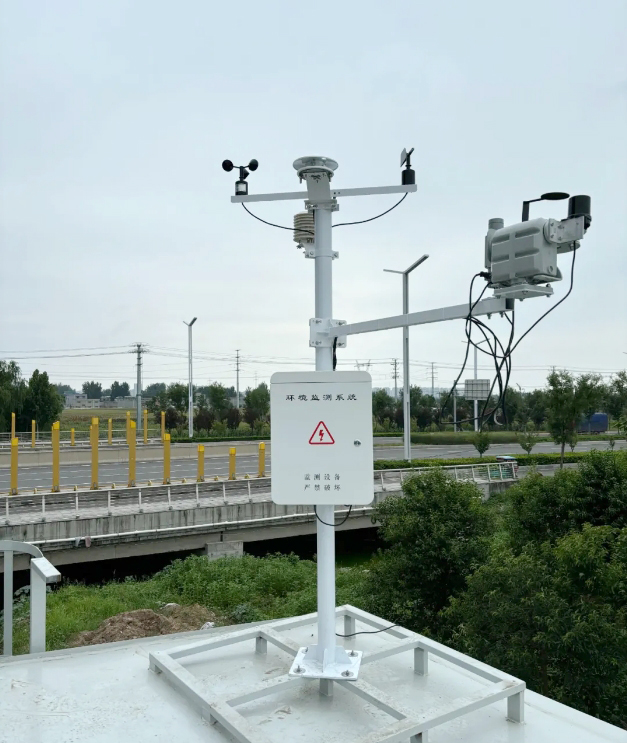
Additional parameters (solar radiation, soil moisture, atmospheric pressure)
Wireless communication, data logger, cloud integration
Ideal for medium farms, research trials, or local government monitoring
Research-grade precision
Multi-layer data collection with advanced sensors (e.g., PM2.5, CO₂, dust, UV radiation)
Used by universities, national meteorological services, and industrial projects
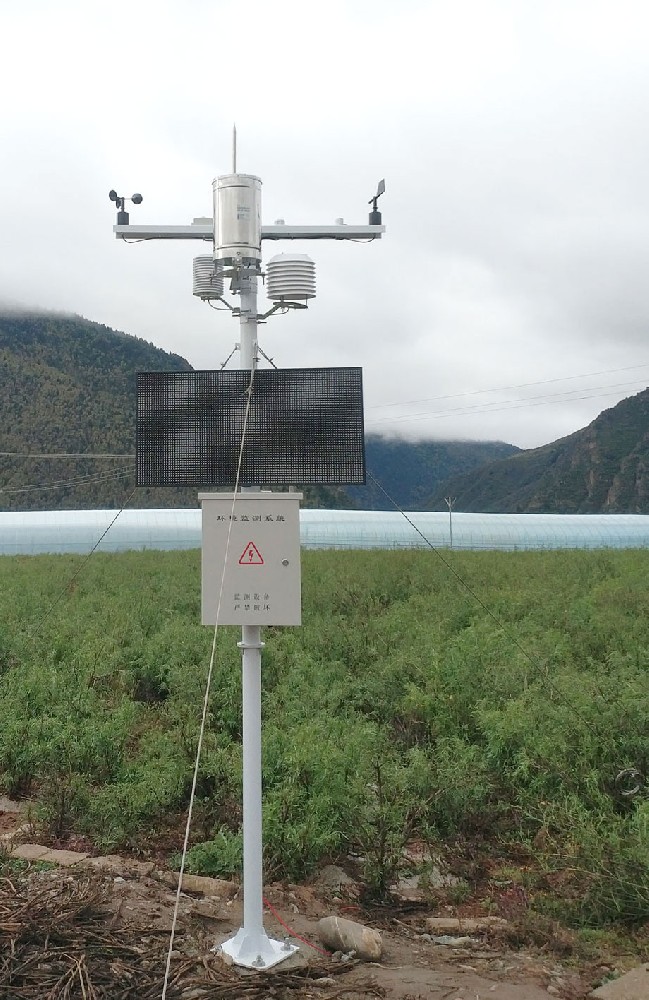
Many buyers initially compare manual weather stations with AWS because manual setups are cheaper. However, AWS provides clear advantages:
Labor Savings: No need for staff to manually record readings
Accuracy: Automated recording avoids human errors
Efficiency: Real-time data improves decision-making for irrigation, spraying, and safety
ROI: Most farms recover their investment in 1–3 years through improved yields and resource savings
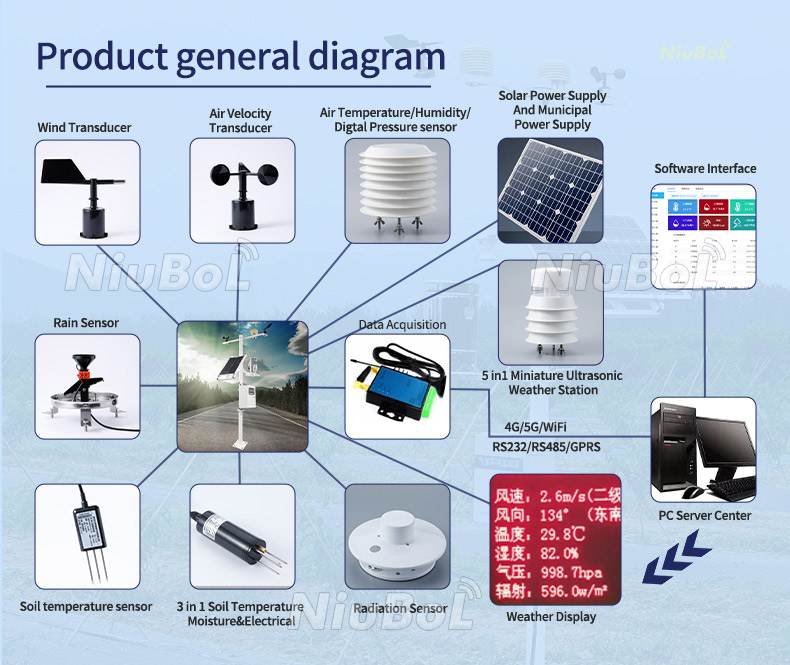
Choosing the right supplier is critical to long-term performance. Evaluate suppliers based on:
Sensor Quality and Certification – Look for CE, RoHS, ISO compliance
Customization Options – Ability to add or remove sensors as needed
Data Platform and Software – User-friendly dashboards and integration with farm management systems
After-Sales Support – Warranty terms, spare parts, and technical assistance
Logistics and Global Supply – Ensure reliable shipping and maintenance availability worldwide
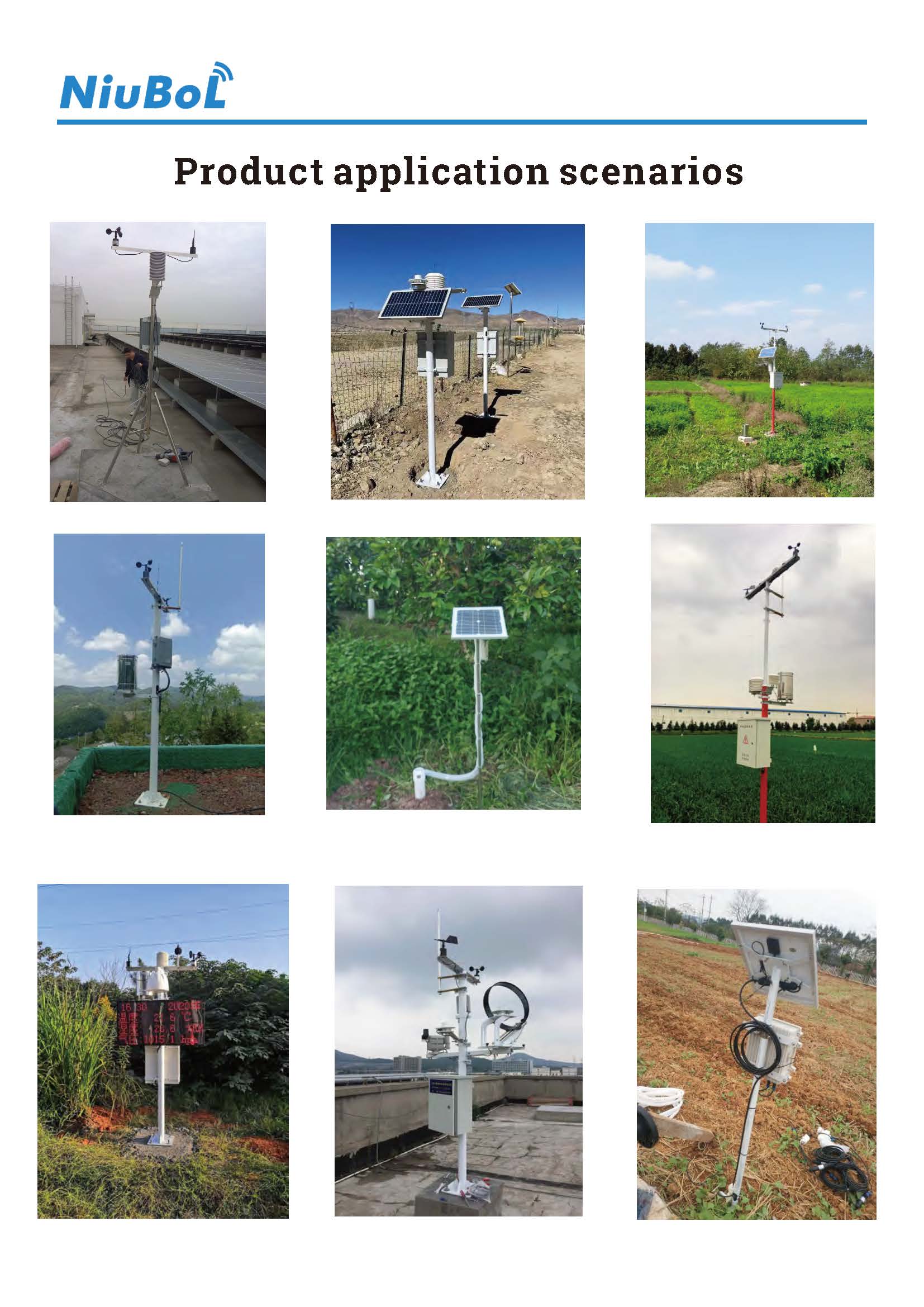
An Automatic Weather Station (AWS) is more than just an instrument — it is a strategic investment in precision agriculture and environmental monitoring. By providing continuous, accurate data, AWS systems help farms and institutions improve efficiency, reduce risks, and achieve sustainability goals.
While costs vary depending on configuration, the benefits of automation and reliable data make AWS the preferred choice for modern projects.
Looking for a trusted supplier of Automatic Weather Stations (AWS)?👉 Contact Niubol today for expert advice, customized configurations, and competitive pricing.
Prev:Anemometer Price Guide: From Entry-Level to Professional Models
Next:Full Weather Station Packages: What’s Included and How to Evaluate Suppliers
Related recommendations
Sensors & Weather Stations Catalog
Agriculture Sensors and Weather Stations Catalog-NiuBoL.pdf
Weather Stations Catalog-NiuBoL.pdf
Related products
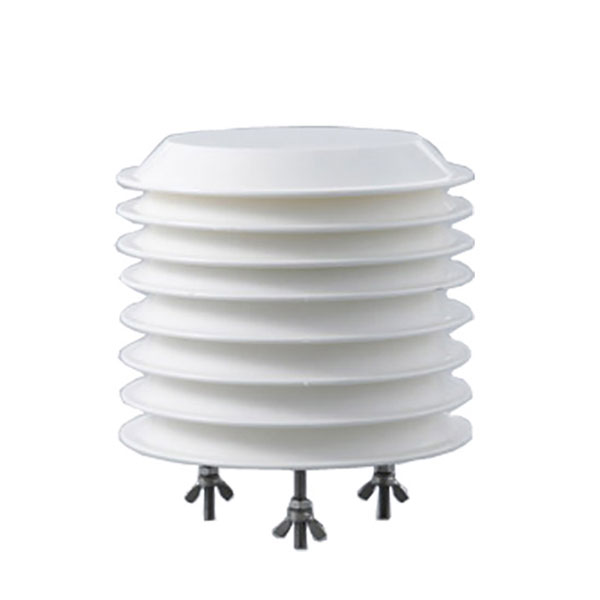 Combined air temperature and relative humidity sensor
Combined air temperature and relative humidity sensor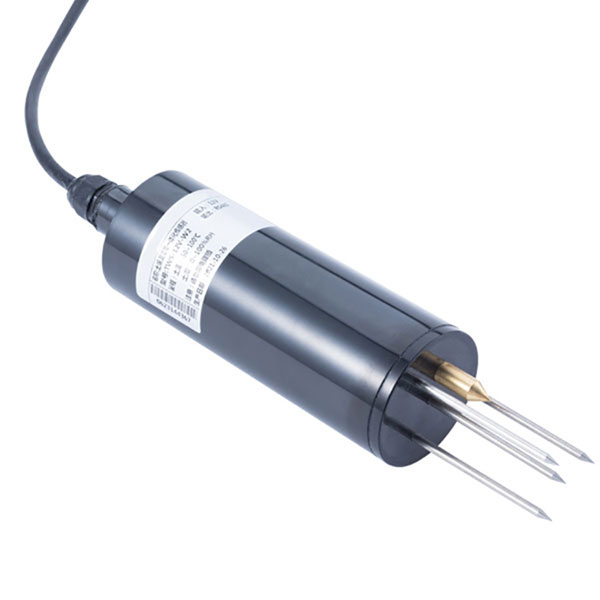 Soil Moisture Temperature sensor for irrigation
Soil Moisture Temperature sensor for irrigation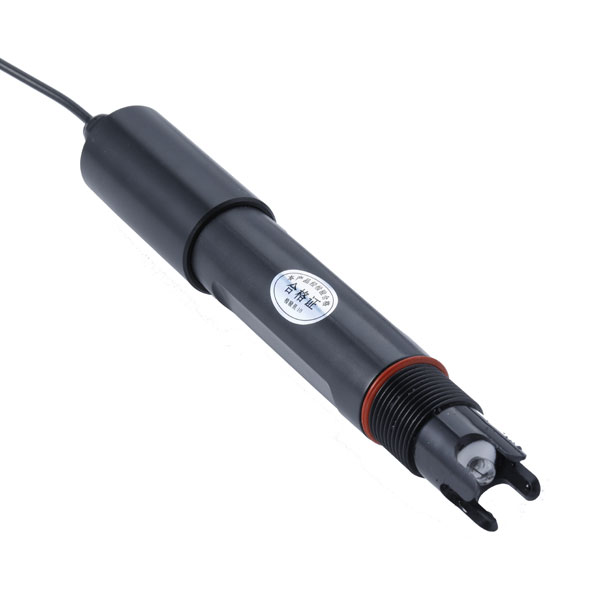 Soil pH sensor RS485 soil Testing instrument soil ph meter for agriculture
Soil pH sensor RS485 soil Testing instrument soil ph meter for agriculture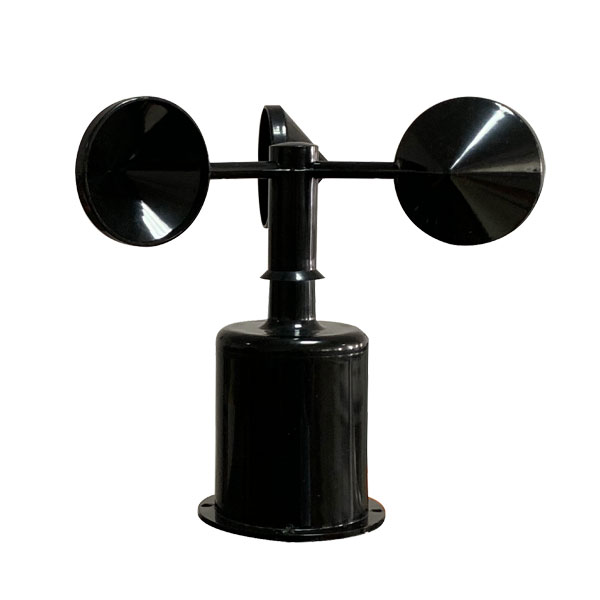 Wind Speed sensor Output Modbus/RS485/Analog/0-5V/4-20mA
Wind Speed sensor Output Modbus/RS485/Analog/0-5V/4-20mA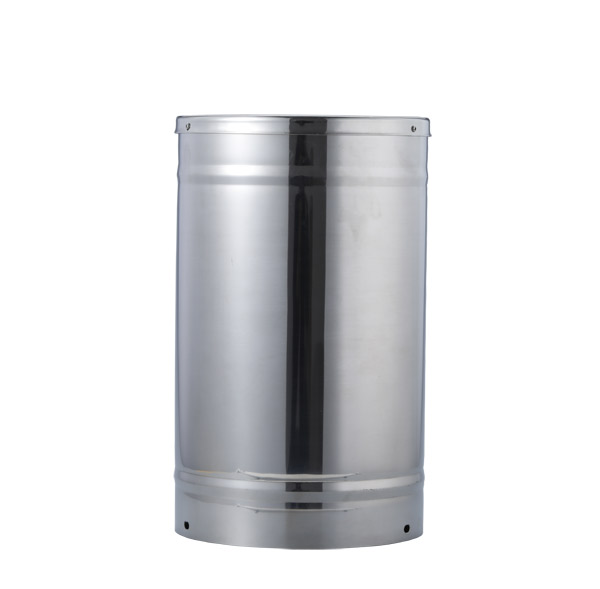 Tipping bucket rain gauge for weather monitoring auto rainfall sensor RS485/Outdoor/stainless steel
Tipping bucket rain gauge for weather monitoring auto rainfall sensor RS485/Outdoor/stainless steel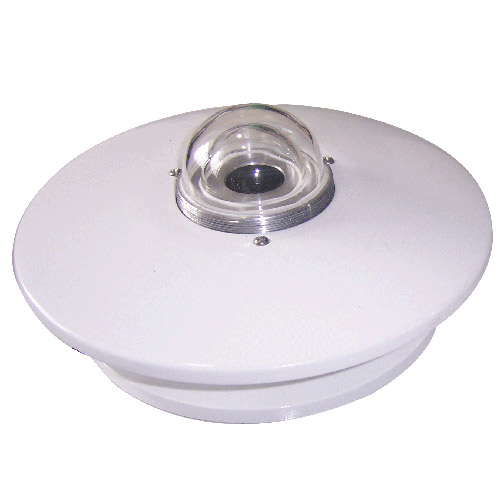 Pyranometer Solar Radiation Sensor 4-20mA/RS485
Pyranometer Solar Radiation Sensor 4-20mA/RS485
Screenshot, WhatsApp to identify the QR code
WhatsApp number:+8615367865107
(Click on WhatsApp to copy and add friends)
